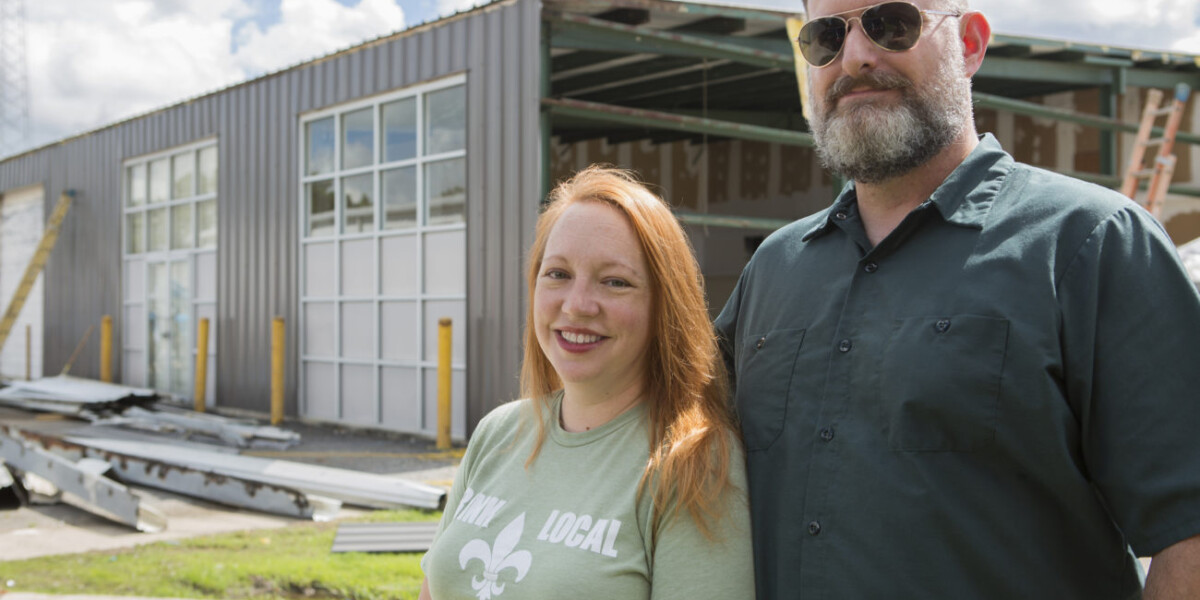By Erik Harbison
Over the course of my career, I’ve had the pleasure of meeting and mentoring many eager college graduates, specifically in the field of marketing. Much of what I enjoyed learning from these folks was during the interview process. And, the ability to leverage learnings from my own interviewing experiences.
Recently, a former student that I taught in a digital marketing course had asked me for advice on interviewing.
As I thought about what guidance to provide, I hesitated to tell her to ‘be herself’, but then realized that a recent University of British Columbia study suggested that narcissists actually do better in job interviews. Being your true self may not always prove to be wise, but there is value in bringing some energy and well thought out questions.
Also keep in mind, another study found that 33 percent of all bosses that interview will have their mind made up in 90 seconds of meeting you. So, first impressions definitely matter.
It is about more than just the interview itself. You can significantly increase your chances for success by how you prepare and how you follow up on that interview conversation.
Here are some simple tips to ace your first interview.
7 First-Job Interview Tips
PRE INTERVIEW – Often times, the more research you do beyond the job description will help indicate if this is just, in fact, a job or a great career move.
Know the company. Get a sense of when they started, the ownership, board, funding situation and who they serve as clients or as partners.
Research your interviewer panel. If you’re able, get a list in advance of who you will be interviewing you. Check out their LinkedIn profile. Get a sense for where they worked, their network and public accomplishments. You’d be amazed at what a Google search will retrieve.
Current events. Know the status of the company’s industry. Who are their competitors? What are common best practices and relevant topics for their space?
DURING THE INTERVIEW – It is true that first impressions mean everything. Decisions about a candidate are made within 5 minutes. Dress for the role you want.
Connect the dots. Short on job experience? Relate your everyday experiences to relevant industry situations or challenges that you may face in that role. When have you negotiated something before? What’s an example of a business relationship you’ve built? What are you passionate about? Often times for entry-level job seekers, showcasing your drive and passion will trump hands-on experience.
Ask Questions. This is the most overlooked by interview candidates, and the most expected by the interviewer. Use the above list of questions as a starting point. Not only does it show that you’re prepared, but genuinely interested in the role. Try asking what they’re passionate about or a success story about someone they’ve hired. You’re interviewing them as much as they are interviewing you.
When meeting with more than one person, pick one or two questions that you ask each person. Choose a question that may identify any red flags on working there. What’s the one thing you would change? What is your company’s mission? This will help determine if everyone (especially if you’re meeting a team) is on the same page.
AFTER THE INTERVIEW – If you’re still interested in the role, what you do after the interview can significantly increase your chances for getting hired.
Leave them wanting more. If you get a sense that it is a place you want to build a career, then prepare to end on a high note. Prepare an answer to the question of ‘Why should we hire you?’ and “What will you accomplish in the first 90 days?” Even if it is not asked, you should arrange examples that align with expectations for the role and reiterate your passion for the role.
Effective Follow Up. Ask for business cards. Anyone can send a thank you note. But rarely does someone actually send follow up questions or suggestions. It is hard to ignore follow ups that so that you’re ready to solve challenges for the role, before you even have the role. “After digesting our discussion, I thought it may make sense to incorporate xyz into your marketing mix.” Questions or suggestions should be easy to address if you’ve followed these basics steps.
What other suggestions do you have from your experiences?
Erik Harbison is CMO at AWeber.com, and email technology targeting small businesses, where he oversees operations and strategy for brand marketing, social media, CRM, PR, content, and business development disciplines. He is the lead instructor for the UVM Digital Marketing Fundamentals certificate program.
Photo credit: COD Newsroom (Flickr Creative Commons)





